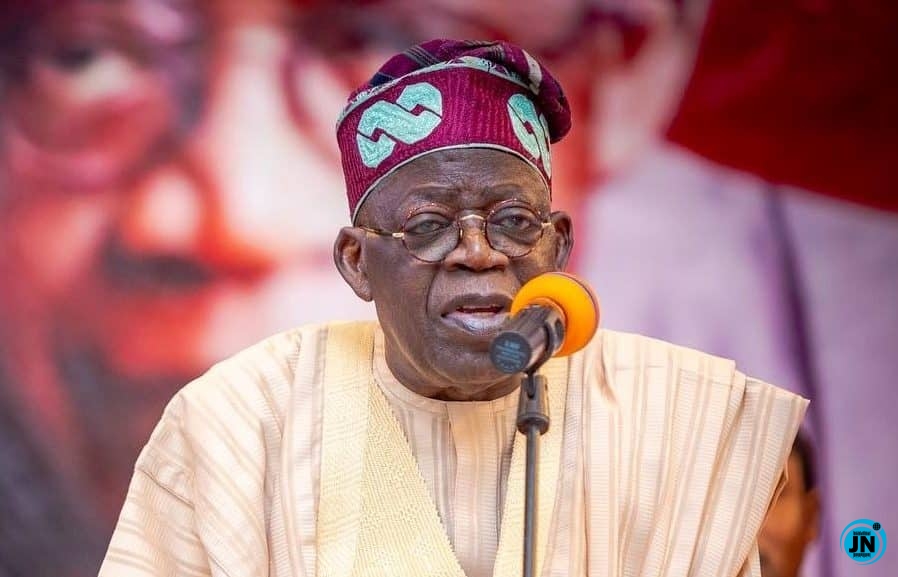The Nigerian government has reportedly spent approximately ₦19.43 billion on maintaining and operating the Presidential Air Fleet from July 2023 to September 2024.
According to data from GovSpend, a civic tech platform that tracks government expenses, reviewed by The PUNCH, ₦13.55 billion of this amount was spent in 2024 alone, accounting for around 66% of the allocated budget for the fleet's operations in that period.
A significant portion of the expenses, categorized as "Forex Transit Funds," was used for foreign operations, including fuel and maintenance costs for fleet aircraft that are stationed abroad.
A government official explained that payments made in foreign currencies are essential for ensuring the uninterrupted operation of the fleet when its aircraft are outside Nigeria.
"When aircraft on the fleet are abroad, payments are often made in U.S. dollars or another foreign currency to ensure uninterrupted operations," the government official stated.

Records indicate that in July 2023, ₦1.52 billion was allocated for the Presidential Air Fleet's foreign currency expenses, divided into two payments of ₦846 million and ₦675 million.
This allocation increased to ₦3.1 billion in August, spread across three payments. Additional disbursements continued in the following months, with ₦5.6 billion allocated in six payments by August 2024.
During President Bola Tinubu's overseas tour in April, which included visits to the Netherlands and Saudi Arabia, ₦5.08 billion was allocated to the fleet’s transit account. Tinubu initially traveled on a government-owned Gulfstream Aerospace G550 jet; however, a technical issue rendered it unusable for the Saudi leg, leading to the chartering of a private aircraft. Meanwhile, the President’s Boeing 737 business jet was undergoing maintenance.
In August, a new Airbus A330, valued at $100 million, was added to the fleet, replacing the aging Boeing 737. The new Airbus was funded through service-wide votes. Tinubu's Special Adviser on Information and Strategy, Bayo Onanuga, stated that the A330, equipped with advanced avionics and a custom interior, would help reduce long-term maintenance and fuel costs.
The Presidential Air Fleet, currently one of the largest in Africa, includes around 11 aircraft. This fleet features older models such as a 19-year-old Boeing 737-700 and a 13-year-old Gulfstream G550. The Boeing 737, which was acquired during the administration of former President Olusegun Obasanjo, has become increasingly costly to maintain as it ages.
Onanuga defended the purchase of the new Airbus A330, emphasizing that it serves the national interest and is not a luxury purchase for President Tinubu.
"It’s not President Tinubu’s plane; it belongs to the people of Nigeria, it is our property. The President did not buy a new jet; what he has is a refurbished jet – it has been used by somebody else before he got it, but it is a much newer model than the one President Buhari used," Onanuga explained.
"The one President Buhari used was bought by President Obasanjo some 20 years ago. There was a time when the President went to Saudi Arabia, and the plane developed some problems. The President had to leave the Netherlands with a chartered jet," he added.
Onanuga further stressed the importance of prioritizing the safety of the President, stating that Nigerians should understand the necessity of replacing aging, unreliable aircraft in the fleet to ensure the President’s safety during travel.
"We want his safety so that he can hand it over to whoever wants to take over from him," Onanuga concluded.
The National Security Adviser, Nuhu Ribadu, also supported the decision to acquire the new Airbus, citing the excessive maintenance costs of the older Boeing 737 as a key reason for its replacement.
In addition to the fixed-wing aircraft, the Presidential Air Fleet also includes a Gulfstream G500, two Falcon 7Xs, a Hawker 4000, and a Challenger 605, as well as rotor-wing aircraft operated by the Nigerian Air Force under the National Security Adviser’s supervision.
It is currently reported that three of the seven fixed-wing aircraft in the fleet are out of service due to maintenance and technical issues.

